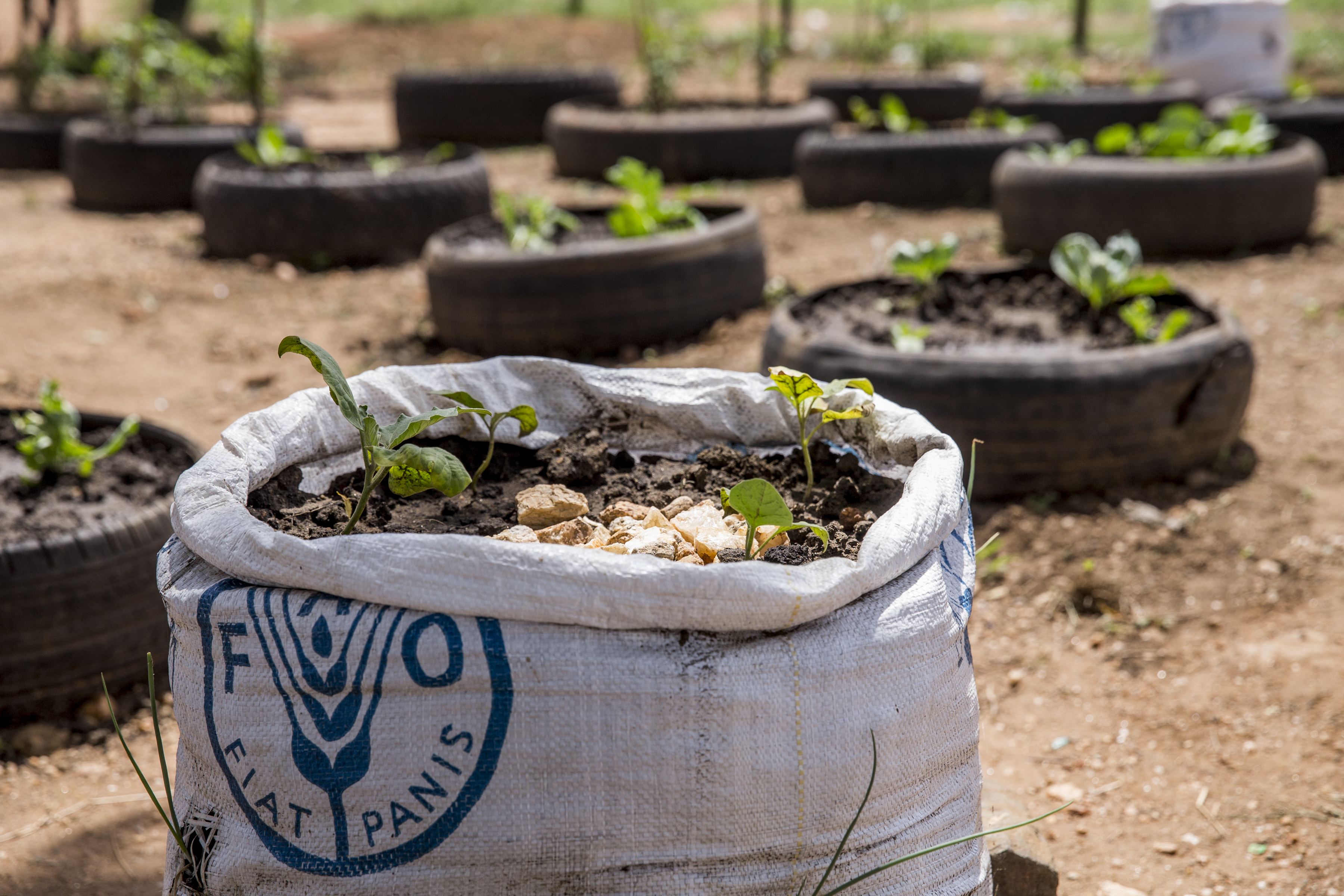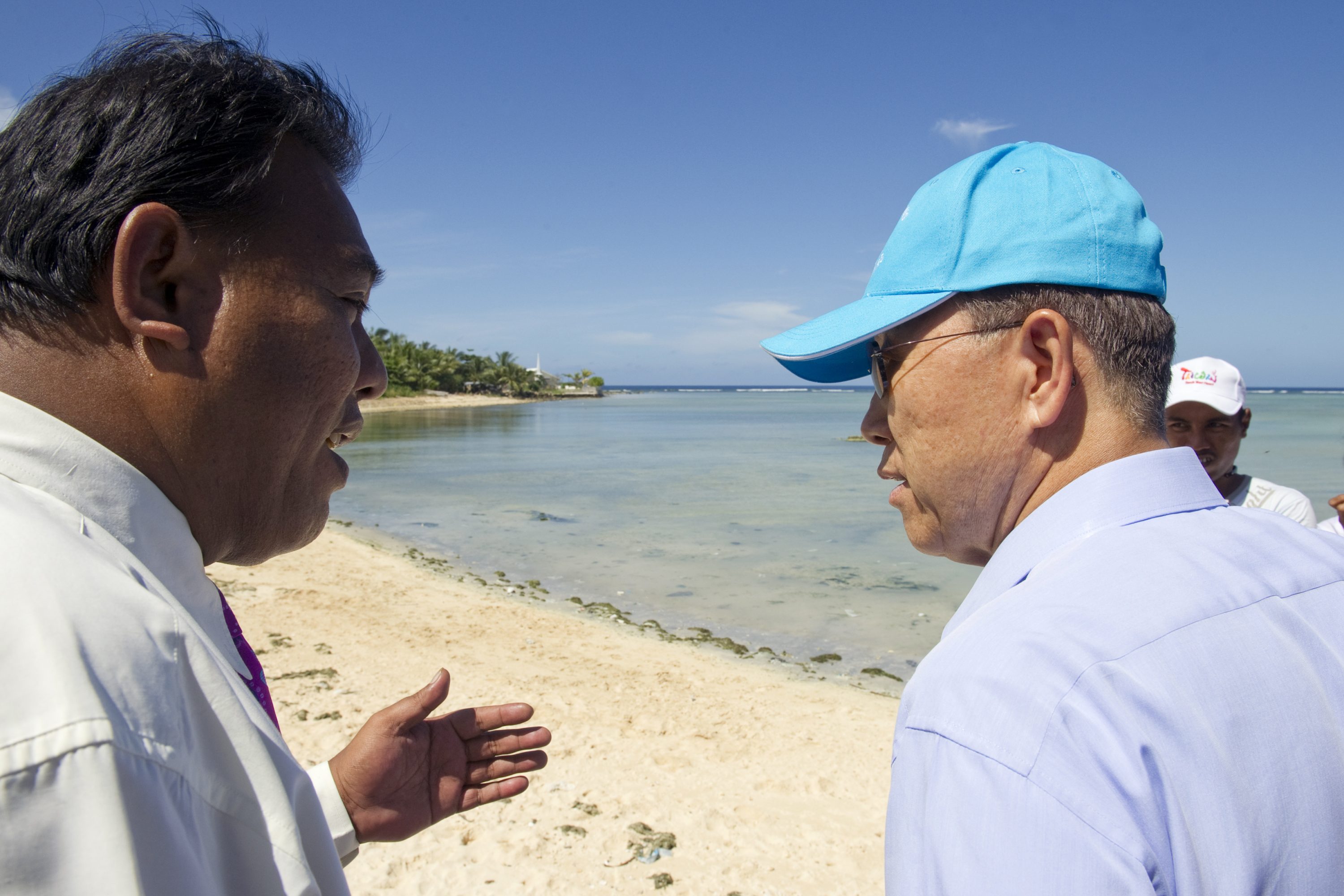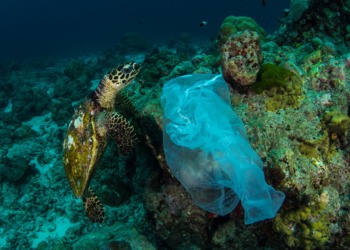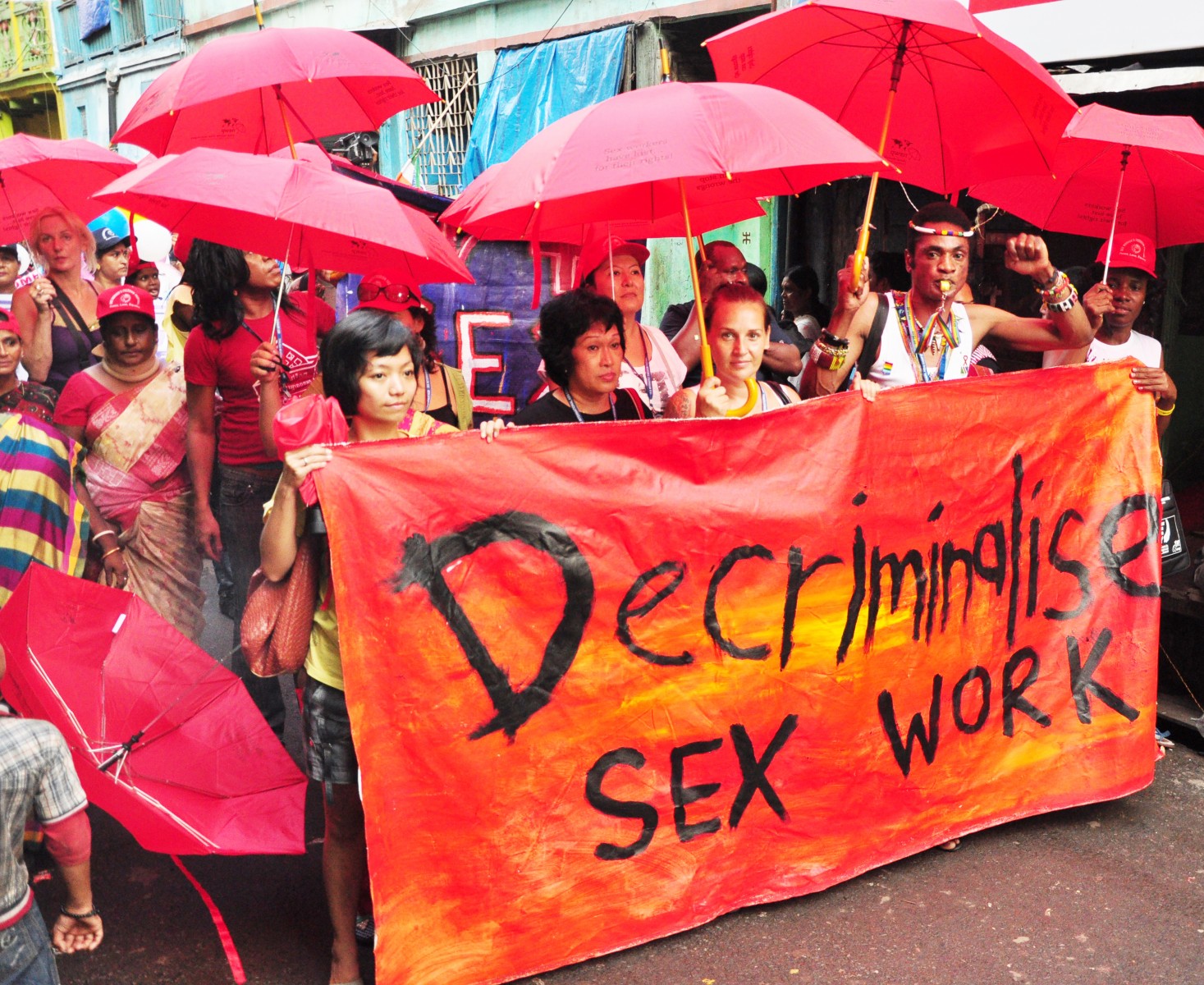Since 2010, the FAO has been receiving unearmarked funds. The impact has been significant and the FAO is advocating for more.
Advocating for more unearmarked or pooled funding
For years, FAO has been strongly advocating for more unearmarked or less-earmarked funding and pooled funding. This type of funding allows organizations to better allocate funding based on their priorities, strategic objectives and work programmes. Established in 2010, the FAO Multipartner Programme Support Mechanism (FMM) was the first of its kind to be established in FAO (The Africa Solidarity Trust Fund set up in 2013 is another example that will be illustrated in a follow-up article). In six years of existence, the FMM has proven its immense value. The FMM has not only delivered substantial results in countries and benefited thousands of people, but it has helped make FAO a more strategic organization, better equipped to support the Sustainable Development Goals and answer today’s global challenges.
The FMM is a fund for partners willing to contribute unearmarked or slightly earmarked funds. Since 2010, the FMM has received more than 60 millions of dollars from the kingdoms of Belgium, Sweden and the Netherlands and the Flanders Cooperation. Conceived as a tool to support FAO’s Strategic Objectives, the FMM gives FAO the freedom and flexibility to allocate the funds where the organization believes they are most needed and effective to implement FAO Strategic Programmes and achieve its Strategic Objectives. Departing from a traditional project-based approach, the fund favors a wider and more strategic programmatic approach.
Photo:Poverty still drives people out of their homes, even on a snowy day, to earn a living. Unearmarked funds allow the FAO to allocate funds where the organization believes they are most needed. Photo Credit: UN Photo/Basir Seerat
Related Article: “TRANSFORMING AGRICULTURE FOR SUSTAINABLE DEVELOPMENT“
This innovative instrument is in line with FAO’s and other UN agencies move to raise more sustainable, predictable and flexible funding to support the 2030 Sustainable Agenda.
Six years down the line, the impact has been more than meaningful.
Numerous and tangible results in countries
The mechanism has worked very well. During its six years of existence, FAO’s unearmarked fund has proven crucial to advance work in areas such as hunger eradication, poverty reduction, climate change and sustainability in production, areas all at the heart of FAO Strategic Objectives and the 2030 Agenda on Sustainable Development.
More than 30 projects implemented in 60 countries delivered substantial results. Results are manifold and include amongst many others the Voluntary Guidelines for Small Scale Fisheries, the implementation of strengthened forest monitoring systems in numerous countries, the development of a new methodology to measure the severity of food insecurity, and several successful policy processes such as the adoption of a national contract farming strategy in Malawi or the drafting of a National Rural Youth Employment Policy in Senegal to combat rural poverty.
The FMM allows FAO to support programmes or projects which the organization estimates are necessary but are underfunded, have a lower priority in donor’s agenda, are innovative and carry some level of risk, or have mid-to long term delivery which does not fit into donors’ requirement for immediate results.
The FMM has an immense strategic value for FAO
Beyond the delivery of concrete results contributing to progress toward the realization of FAO Strategic Objectives, the FMM has revealed its many advantages, many of them with a strong strategic value.
The FMM allows FAO to support programmes or projects which the organization estimates are necessary but are underfunded, have a lower priority in donor’s agenda, are innovative and carry some level of risk, or have mid-to long term delivery which does not fit into donors’ requirement for immediate results.
Promoting new areas of work
FMM funds have been crucial in supporting emerging areas of work which are today central to FAO’s work. For example, the Climate Smart Agriculture (CSA) concept and success was enabled by the FMM which provided the initial support to the concept development, testing, implementation, and dissemination. Today the CSA has been adopted by institutions all over the world and is widely applied in countries.
Similarly, the FMM has been crucial to support the emergence of Decent Rural Employment as a new area of work for FAO. Today creating decent employment opportunities in rural areas is a main component of FAO’s work to reduce rural poverty.
Photo: UN Secretary-General watches high tide in Bairiki. He was accompanied by Honorable Amberoti Nikora, Minister of Environment, Lands and Agricultural Development (left). Photo Credit: UN Photo/Eskinder Debebe
Stimulating innovation
The FMM has also stimulated innovation, by supporting the development of new methodologies and
practices and the exploration of new research grounds. For example, FAO developed a new methodology, the Food Insecurity Experience Scale (FEIS), which measures the severity of food insecurity and provides for the first time a direct and comparable measure of food insecurity across countries in the world. This innovative tool has been selected as an indicator to measure global progress towards the 2030 Agenda for SDG 2, Target 2.1 to end hunger by 2030.
The FMM is also supporting innovative research on integrated crops, agro-forestry and livestock practices with a view to intensify the production, while reducing greenhouse gas emissions.
The FMM has also supported the piloting of innovative practices. For example, in the Dry Corridor of Guatemala and Honduras, new agro-forestry practices have been tested and can now be replicated in similar agronomic settings. In Burundi, the integration of agricultural practices regarding fish and livestock and land erosion techniques was proven successful and can be scale-up in a similar contexts. With global challenges gaining in complexity, innovation is a necessary path to solutions.
Cross-sectoral work is a prerequisite to address global and multifaceted challenges such as climate change or sustainability in agriculture.
Fostering inter-disciplinary work
The FMM stimulates cross-sectoral work within the Organization, contributing to make FAO a more strategic organization by stimulating synergies and leading to more integrated visions. Cross-sectoral work is a prerequisite to address global and multifaceted challenges such as climate change or sustainability in agriculture. For example, the FMM supports the development and implementation FAO Vision for Sustainable Food and Agriculture which integrates the social, environmental and economic dimensions of sustainability and can serve as an entry point for the integrated implementation of SDGs at country-level.
Generating catalytic effects
FMM supported projects have often a strong catalytic effect. Relatively small projects lead to complementary or wider projects and attract additional financing from national or international sources. During the 2014-2015 biennium, more than 10 million dollars were generated as a result of FMM projects.
Today, results achieved by the FMM strongly make the case for more unearmarked funds.
FAO STRATEGIC OBJECTIVES
1. Contribute to the eradication of hunger and malnutrition
2. Make agriculture more productive and sustainable
3. Reduce rural poverty
4. Enable more inclusive and efficient agricultural and food systems
5. Increase the resilience of livelihoods to threats and crisis.
To each Strategic Objective corresponds a strategic program.
Recommended Reading: “ADB HELPS ENHANCE CROP DIVERSIFICATION AND FOOD SECURITY IN AFGHANISTAN“












